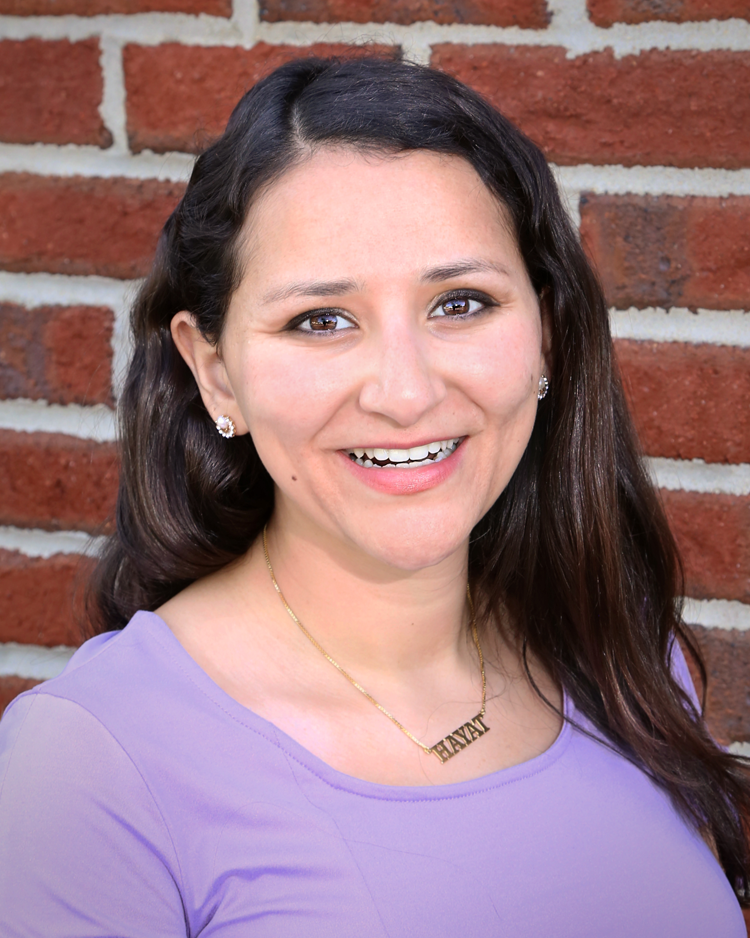
M
919.772.1990
Browse Blog
Listen In
919.772.1990
Browse Blog
Listen In
Quick Links
Services
Medication Management
One80 Locations

Hayat Shawwa, LCSW
Emotional safety. It’s what we are all looking for, and too often fail to find. In a world where we are constantly surrounded by so many people, it’s ironic that it’s become so hard to find. It’s often what brings people to therapy.
The truth of the matter is, not everyone in our lives, friends and family included, are emotionally safe spaces for us. There is some level of judgment, invalidation, lack of understanding, or dismissiveness we feel from them when we open up about our most vulnerable thoughts, feelings, insecurities, and fears. But that’s okay, not everyone we know can realistically be an emotionally safe person for us. It’s our job to identify the small handful or few people that are and it’s also okay for us to set respectful boundaries around the people who don’t feel emotionally safe.
When working with my clients on identifying emotionally safe people in their lives, I like to make them stop and think if they’re emotionally safe for the people in their lives as well. So what makes a person emotionally safe? I’m glad you asked!
So think about the relationships in your life that you value the most, and think to yourself, do I find emotional safety within those relationships and can I provide emotional safety to them as well? Show grace and patience with those people as we can’t always be that safe space for others 100% of the time. It’s okay to take time out to be an emotionally safe space for ourselves.

is a Licensed Clinical Social Worker. Read Full Bio
You are alive to give a unique gift to the world that no one else has to give. This is your medicine for a hurting planet. Whether you know it or not, whether you believe it or not, the world desperately needs your medicine. The medicine you bring the world is what flows out of you in the moments when you are your best self. It is the good you bring out in those around you …
I recently saw this experiment floating around the internet , where an apple was cut in half and separated into two baggies. One half was spoken to with kind, positive , encouraging words and the other half was told rotten, negative, angry statements. About a week later the apple spoken to positively was mildly brown whereas her other half, had begun to rot and wither …
Over the last few weeks we have been hearing a lot of stuff about the Ashley Madison hack. This has sparked many conversations regarding the surprising names that have been found on that list, the most notably being Josh Duggar. Nearly everyday I hear of broken individuals and broken families because of extra-marital affairs, pornography, lying or a countless other ways …